Lighting
BrainLight lighting
The BrainLight lighting is a series of ring lights and transmitted lights that can be controlled using EyeVision software.
BrainLight lighting R
The BrainLight R (ring light) currently has the following properties:
- RS232 or TTL UART interface
- Freely configurable lighting
- Trigger input for frame control
- Settings can be saved permanently and will be reloaded after the restart
- + 5V _OR_ 12-24V input voltage

BrainLight QC
With the BrainLight QC, EVT is now introducing lighting for industrial use that can be individually adjusted depending on the application.
- available colors red, green, blue and white
- 48 full-color LEDs in a tight grid
- Dimensions: 30 x 40 mm
- Input voltage of + 24V
- modularly expandable (additional LED rows possible)
- highly efficient switching regulator for minimal heat generation
- LEDs can be switched on in rows
- Lighting settings can be programmed and played back
- Light dimmable or full brightness adjustable
- flash mode also possible
BrainLight Series Flyer
EyeLight standard lighting
EVT offers the EyeLight standard lighting for industrial image processing. In addition to the optics, the lighting is the second most important area, which is required for the actual image evaluation.
Image and contrast are essential for image processing. Therefore, EyeLight offers the possibility
- to produce the sufficient ans correct contrast
- to achieve a constant color temperature in order to display the objects on the sensor.
Which lighting should be used depends on the actual application. You are welcome to contact us for advice and questions using our contact form.
Find out more about lighting applications in image processing in our Light & Lens presentation: The Ray of Light
You can find the data sheets in our download area.
EyeLight Illumination
| EyeLight Ring light | |
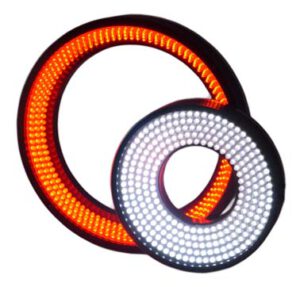 | Cost-efficient ring lights for general image process applications for homogeneous lighting. Available are wide-angle as well as dark field and focused ring lights. According to their diameter different working distances are possible. |
| Diffuse lighting | |
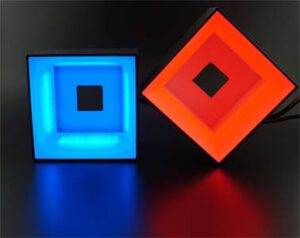 | Diffuse direct light, produces a light, which shines in a circle from the rim of the illumination into the center, where it is distributed and reflected. This is a very diffuse light, without the LEDs beeing visible on the object. |
| Indirect lighting | |
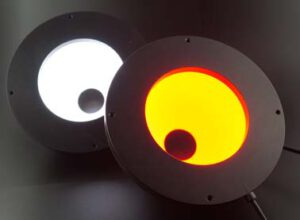 | The LEDs of dome-lights beam light into a dome. The light then is reflected homogeneous and diffuse. Therefore a shadowless, homogeneous and high-contrast light for the object is possible. |
| Transmitted light | |
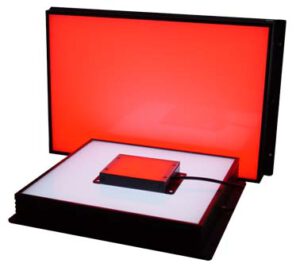 | The backlight illumination is a plane light panell and is used, where homogeneous light from the back of the object is necessary. Therefore high-contrast images of the object contours are possible. |
| Bar light | |
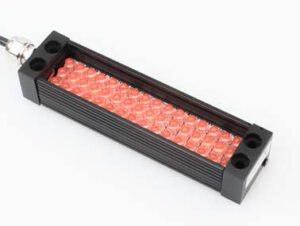 | The light shaped as a bar lights is used for direct and indirect lighting. The bars can therefore be used directly from above the object or else indirectly from various angles to the object. |
| Coaxial lighting | |
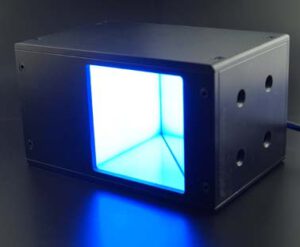 | Coaxial light produces a homogeneous light. A semipemeable mirror directs the light of the LEDs, which are mounted on the side onto an optical axis of the lens and therefore creates a very even and shadowless lighting. Defect surfaces will be cast in the dark and the defects will be shown bright. |
| Spot lighting | |
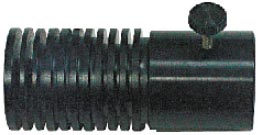 | The LED spot lights are the perfect solution for all applications, which need a precise and extremely bright light. The spots are especially usefull for lenses with coaxial light coupling. |
| Ingress Protection | |
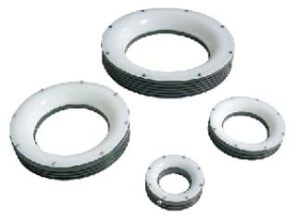 | Power-LED with specially shaped diffusor for getting a homogeneous light area with high flexibility. Application examples: reflecting surfaces and food packages. |
| Line lighting | |
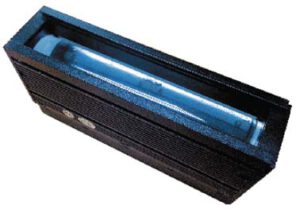 | Extremely bright LED light is focused thanks to a cylindrical lens and this produces a bundled ray of light. Application examples are especially in combination with line scan cameras. |

